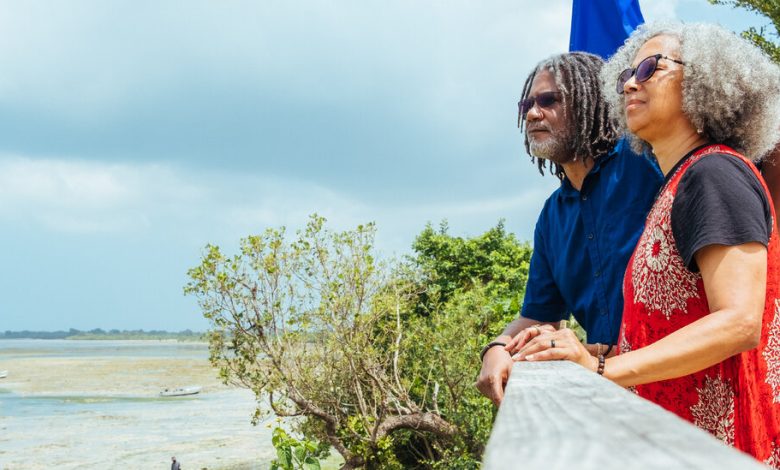Blaxit: Tired of Racism, Black Americans Try Life in Africa

Jes’ka Washington lives in a six-bedroom house on a hill with avocado trees and a spectacular view, not far from the rabbit farm she runs. For less than $50,000, Shoshana Kirya-Ziraba and her husband built a four-bedroom, two-bathroom house on family farmland with goats, turkeys and about a thousand chickens. Mark and Marlene Bradley now call themselves islanders and the owners of three homes cooled by ocean breezes.
All of them are Black Americans who found their new homes in Africa. They are enjoying the substantially lower cost of living and, more important, they said, the absence of the racism and discrimination they experienced in the United States.
The Covid pandemic and the racial reckoning in the wake of the murder of George Floyd led some Black Americans to seek a different way of life abroad, in a movement that some are calling Blaxit.
Those moving to Africa are also looking for an ancestral connection. Their migration is less about money and more about acceptance, a path that many intellectuals and artists have taken before.
Today, a new life in Africa is open to people of varied professions who can work remotely. Immigration has been fueled by vocal proponents on social media and by government programs like Sierra Leone’s path to citizenship and Ghana’s Beyond the Return campaign; according to the Diaspora Affairs Office of Ghana, at least 1,500 African Americans moved to the country between 2019 and 2023. Despite the potential concerns for newcomers — including a wave of extreme anti-L.G.B.T.Q. policies across the continent — Black Americans are still making the trip.
We are having trouble retrieving the article content.
Please enable JavaScript in your browser settings.
Thank you for your patience while we verify access. If you are in Reader mode please exit and log into your Times account, or subscribe for all of The Times.
Thank you for your patience while we verify access.
Already a subscriber? Log in.
Want all of The Times? Subscribe.
